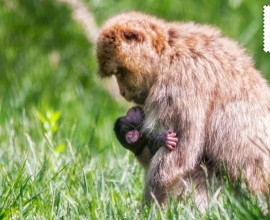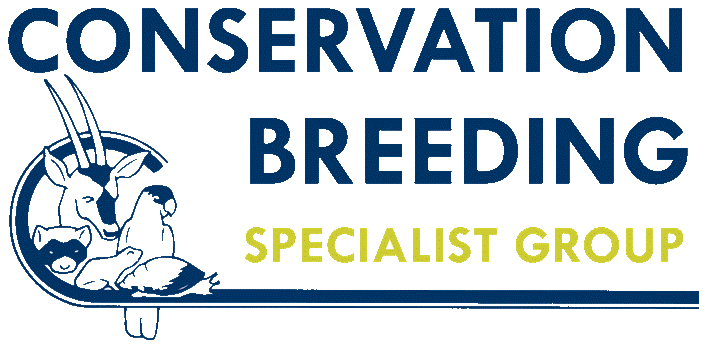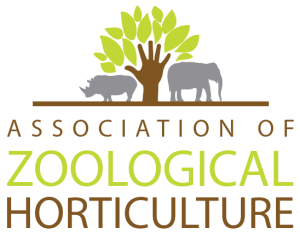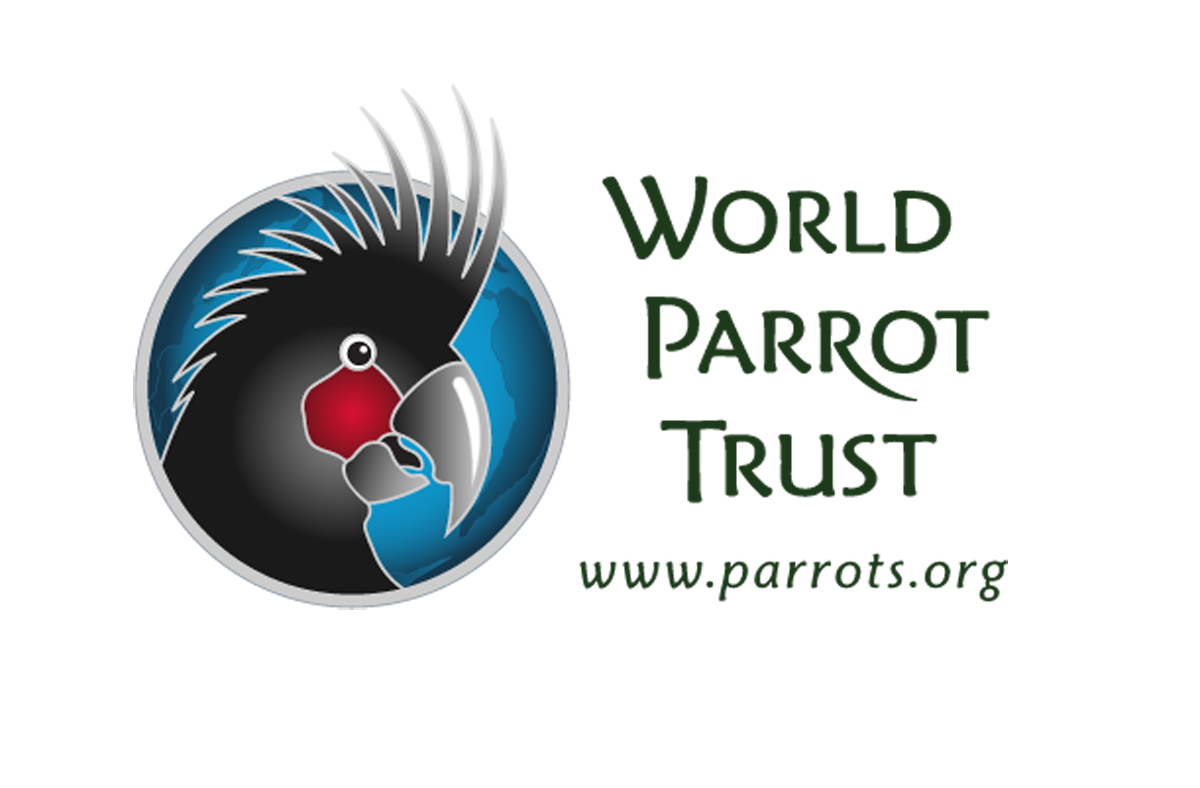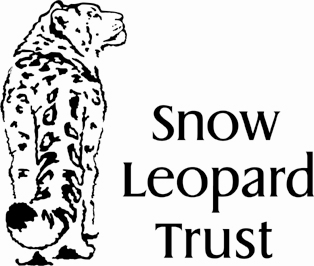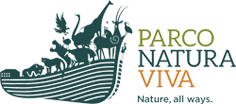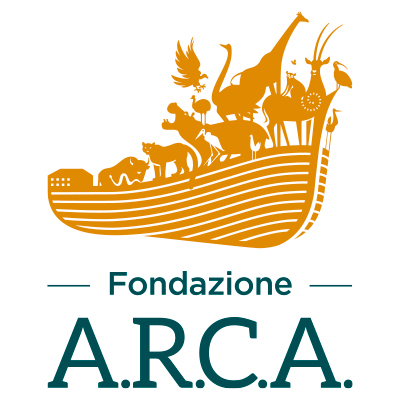The Park is divided into two main areas to visit: the Safari Park, in which the visitor stays in his vehicle, and the Fauna Park, which is for pedestrians only. The Park’s predominant activity involves the breeding of wild animal species, in coordination with leading zoological institutions in Europe. This commitment is also enshrined in art.1of Legislative Decree. 73 of 21 March 2005 which lays down rules aimed at enhancing “the role in conserving biodiversity, in order to protect wildlife andpreserve the same biological diversity”.
The usefulness and necessity of a modern zoo was officially defined by the Rio Conference in 1992, where the value of conservation, ex situ integrated with in situ, for the protection of biodiversity was strongly stressed. The outlook of Parco Natura Viva is now the world: in addition to contacts with local and national organizations, a modern zoo must cultivate a dense network of international contacts in order to coordinate the management of animal populations to avoid risks of inter-breeding and to promote initiatives for the reintroduction of endangered species into the wild.
ZOO LICENSE
Under Legislative Decree n. 73/2005, dated May 26, 2011 the Ministry of Environment, in consultation with the Ministry of Health and Ministry of Agriculture, Food and Forestry, has issued a Zoological garden license to Parco Natura Viva, published in the Official Gazette December 2011.
As an European modern zoo, Parco Natura Viva-Garda Zoological Park is much more than a place to go and see animals. European modern zoos are dedicated to conservation of native and exotic species to ensure the survival of species in the wild and the continued good health of captive animals. Modern zoos have a great importance because they are involved in breeding programs, conservation projects, re-homing projects and so on. There are European different husbandry guidelines for different species with rules for minimum accommodation, husbandry, diet, management and other important aspects of the captivity. However, as modern zoos come from old zoos they need to renovate enclosures to give to the animals a captivity condition close to their natural habitat. Thus, from the past to the present zoos have continued to evolve into the modern day zoos are today. Attitudes towards animal welfare, attitude towards inter-zoo cooperation and established collection plans and priorities, all effects the rate of change and the nature of changes taking place in each collection. In the last years Parco Natura Viva-Garda Zoological Park has been settling from gradual replacement of animal housing in order to have a total rebuilding with all stages in between.
Our Mission
The mission of Parco Natura Viva comprehends:-
CONSERVATION (in & ex situ) - contributing to the conservation of wildlife and its natural environment; defining strategies to ensure the survival of endangered species; protecting and managing species threatened by risk extinction under controlled conditions
-
RESEARCH - optimizing animal management by focusing on issues such as population biology, animal welfare, behaviour ecology, development of cognitive skills and veterinary medicine
-
EDUCATION - increasing awareness of the importance of the various forms of life on our planet; raising collective consciousness about the need to safeguard the natural world; educating the younger generation to respect the environment
CONSERVATION
The Research Department promotes and monitors research projects ex situ (away from the place of origin) and in situ (in aid of species in their natural environment; this also benefits ecosystems and biodiversity); both of which have the goal of sharing information useful for the conservation of natural and/or zoological elements.The ex situ projects are intended to develop data useful for the management of captive populations, which is then developed through thesis and doctoral degrees. The in situ projects are aimed at the re-entry of individual animals, often in collaboration with international partners. Throughout this year, the Research Department has contributed to the definition and implementation of the in situ conservation programs listed on the opposite page.
Parco Natura Viva is a member of EAZA (European Association of Zoo and Aquaria). EAZA’s activities include the European Endangered species Program (EEP), supported by the European Community and aiming at coordinating the management of animal populations belonging to endangered species by European zoological parks.
The EEP represents a concrete survival opportunity for animals that can no longer find sufficient survival conditions in the wild. Parco Natura Viva participates in about twenty EEP projects. In 2002 the Park became a member of WAZA (World Association of Zoos and Aquaria), while on a national level it is part of UIZA (Italian Union of Zoos and Aquaria).
Parco Natura Viva plays an essential role in Italy by cooperating with the CITES department of the National Forest Rangers and with the National Institute for Wild Animals (INFS). Following the implementation of the strict CITES (Convention on International Trade in Endangered Species) regulations, competent authorities may seize illegally traded animals or those kept in violation of health regulations and entrust them to qualified facilities like Parco Natura Viva.
CONSERVATION EX SITU
Recognized internationally by the Convention of Biodiversity, ex situ conservation is one of the foundations of the life of the Park which is involved daily in the breeding of animals away from their place of origin. The Park follows numerous European breeding programs in a controlled environment, such as EEP and ESB, which provide for the management of the specimens housed in the facility as belonging to a single population. To support these programs there is a data base stored according to an international computer system, the lnternational Species Information System (ISIS).CONSERVATION IN SITU
In situ conservation refers to all actions carried out for the protection of endangered species that are implemented in the areas of origin of the species themselves. The Park is also active in this sense both through promoting research and awareness, and supporting organizations that are involved in international preservation projects.RESEARCH
Parco Natura Viva has one of the most active research programmes in the Italian zoo community. In October 2008 Parco Natura Viva organized the 1st national conference on zoo based researches; this meeting has become an important annual event. Parco Natura Viva’s Research Department conducts researches to improve animal management and wildlife conservation as well as to increase the knowledge about animal biology and welfare. Researches in Parco Natura Viva focus primarily on animal behaviour, cognition, sociality, environmental enrichment and training. Many students prepare their thesis under the supervision of the Research Department and different scientific publications are made each year.EDUCATION
Nowadays zoological gardens are places where people can not only see animals from all over the world, but also learn live a true educational experience. Zoos have become centers for environmental education. The Educational Department of Parco Natura Viva is more and more focused on becoming a real center for environmental education on a local level, with the purpose of offering educational programs and meetings to schools in order to promote environmental knowledge and make students aware of issues related to nature preservation. Parco Natura Viva is a member of IZE (International Association of Zoo Educators), an association that organizes yearly conferences and meetings. At these meetings, member institutions have the chance to present all the most innovative initiatives in education and cultural entertainment for the visitors of zoological gardens.
Find out more about them and their specific activities!
PARCO NATURA VIVA PRESS RELEASES
You can find latest press releases from Parco Viva in the ITALIAN VERSION of this page.
Some articles are available also in english version below.
For technical information about press releases, please contact: Elena Livia Pennacchioni - - press@parconaturaviva.it - T +39388.3216084
For accreditation requests (journalist, blogger and travel agency) CLICK HERE
Check all press releases in italian version
Press releases in english version:
Parco Natura Viva is a member of: Italian Association of Zoo and Aquaria (UIZA), European Association of Zoos and Aquaria (EAZA), World Association of Zoos and Aquariums (WAZA).
The link and cooperation with the international network EAZA is very strong. For the management of specimens of endangered species we refer to the EEP (European Endangered species Programme) and ESB (European Studbook) breeding programs.
The EEP represents a concrete survival opportunity for animals that can no longer find sufficient survival conditions in the wild. Parco Natura Viva participates in about twenty EEP projects.

ITALIAN ASSOCIATION OF ZOO AND AQUARIA
EUROPEAN ASSOCIATION OF ZOO AND AQUARIA

WORLD ASSOCIATION OF ZOOS AND AQUARIUMS
Parco Natura Viva plays an essential role in Italy by cooperating with the CITES department of the National Forest Rangers and with the National Institute for Wild Animals (INFS).
Following the implementation of the strict CITES (Convention on International Trade in Endangered Species) regulations, competent authorities may seize illegally traded animals or those kept in violation of health regulations and entrust them to qualified facilities like Parco Natura Viva.
Parco Natura Viva cooperates with other associations:
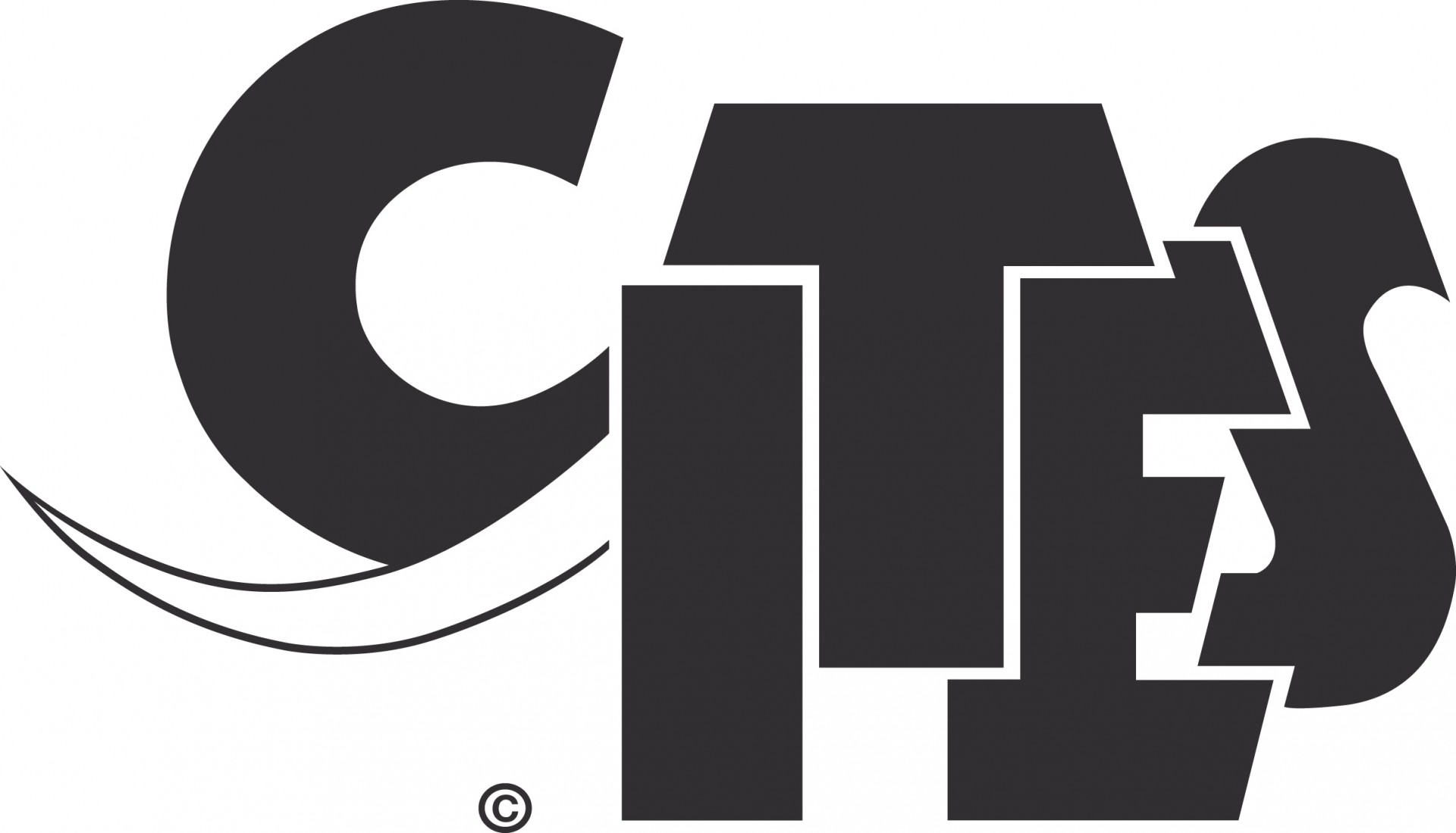
CITES (Convention on International Trade of Endangered Species of wild fauna and flora)
www.cites.org

INFS ( National Institute for Wild Animals)

IUCN – THE WORLD CONSERVATION UNION
CONSERVATION BREEDING SPECIALIST GROUP

INTERNATIONAL SPECIES INFORMATION SYSTEM
ASSOCIATION OF ZOOLOGICAL HORTICULTURE
THE INTERNATIONAL RHINO FOUNDATION
WORLD PARROTS TRUST
SNOW LEOPARD TRUST
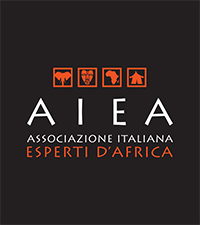
AIEA (Associazione Italiana Esperti d'Africa) www.espertiafrica.it
 Italiano
Italiano English
English Deutsch
Deutsch
